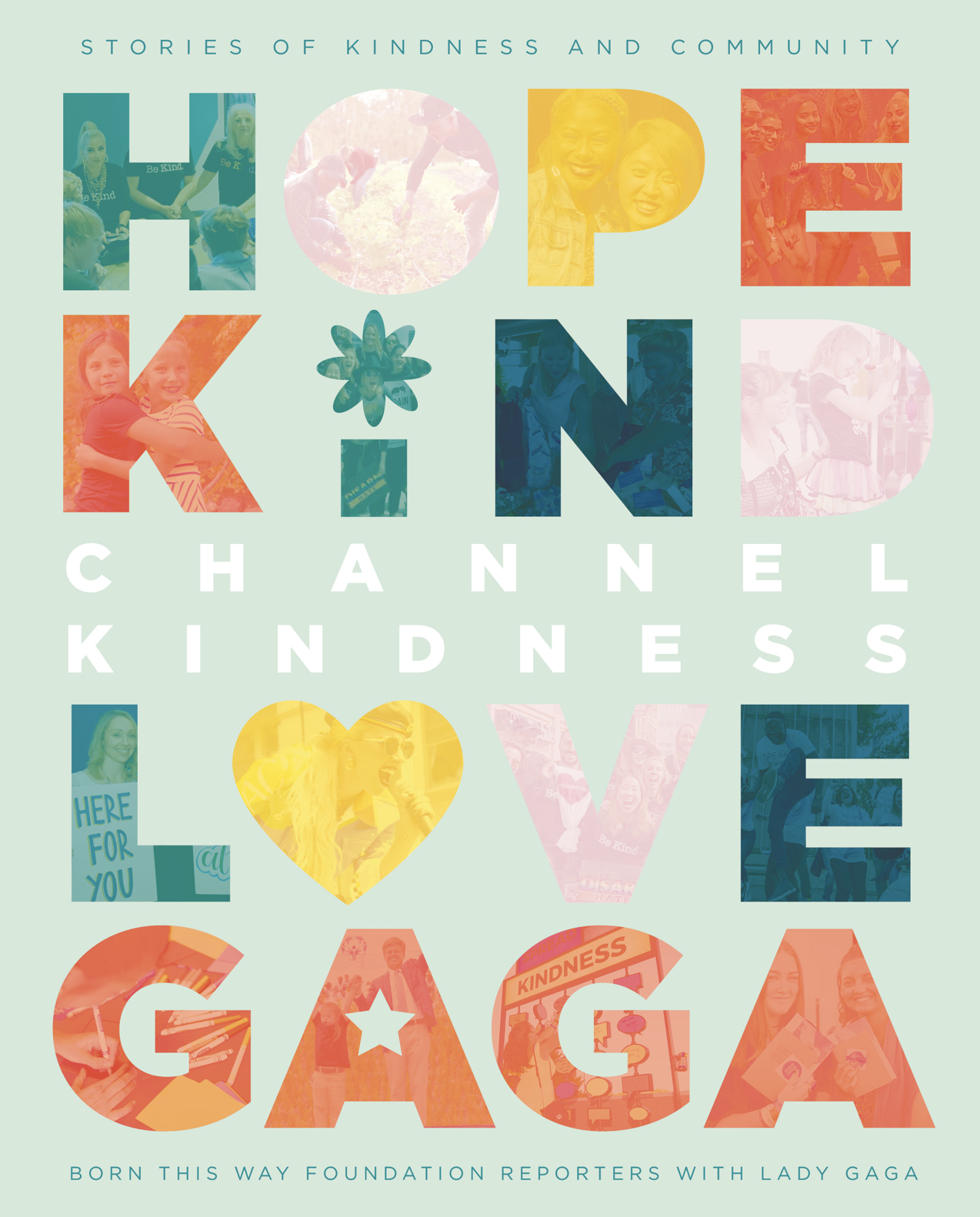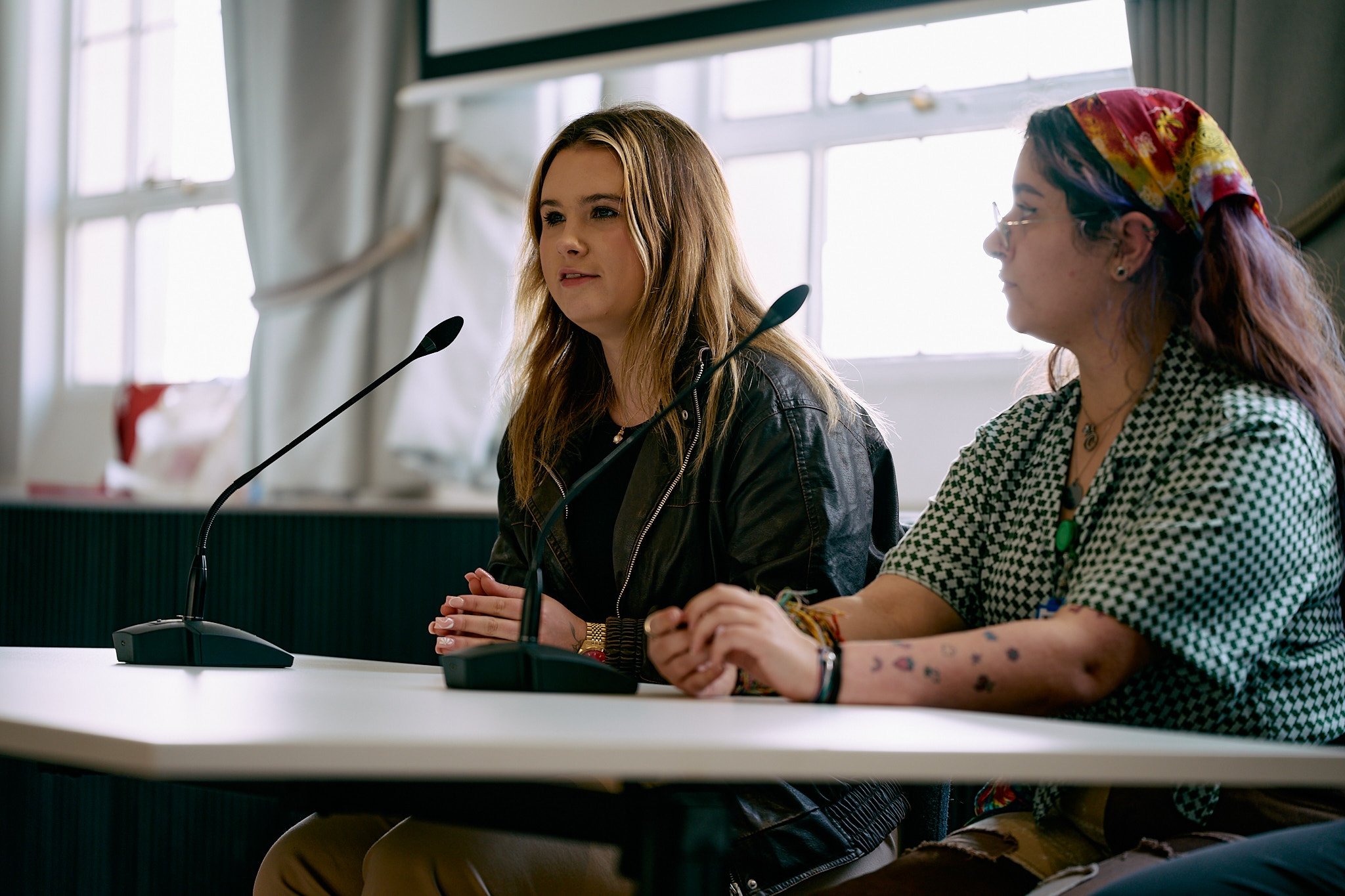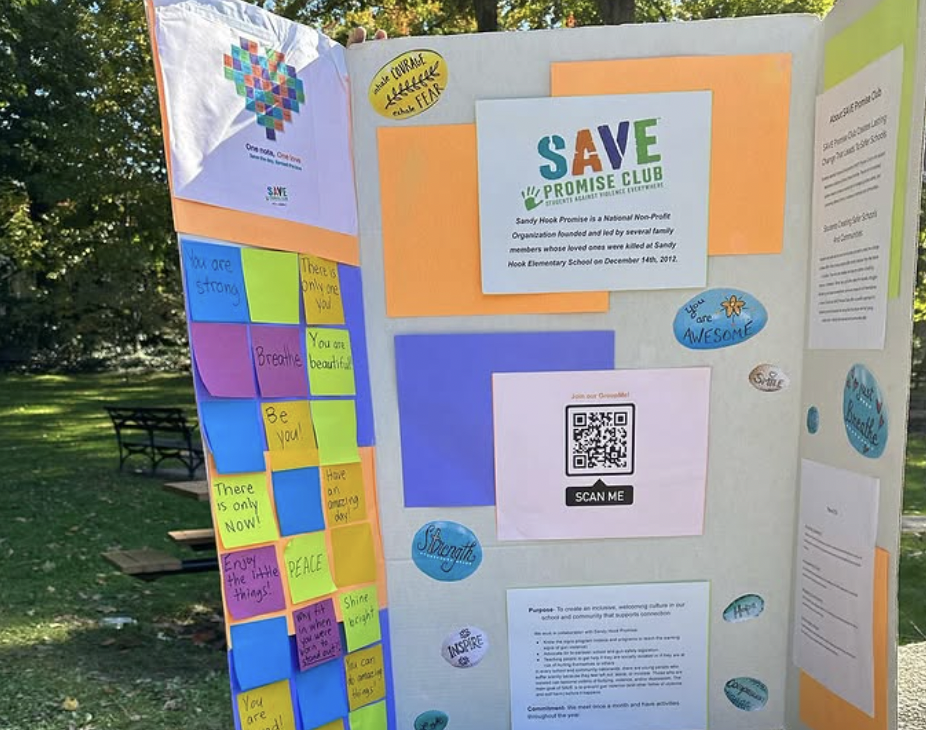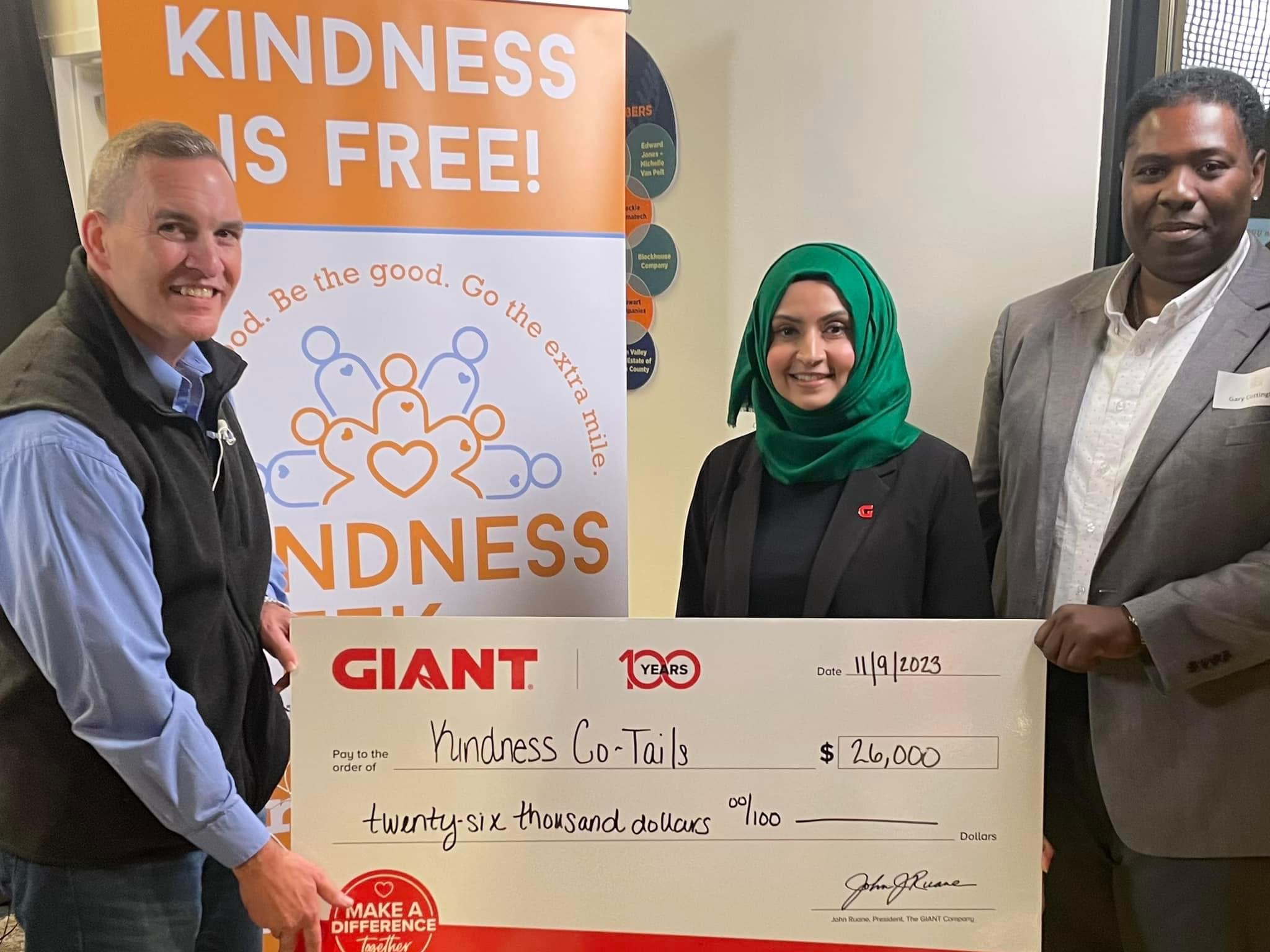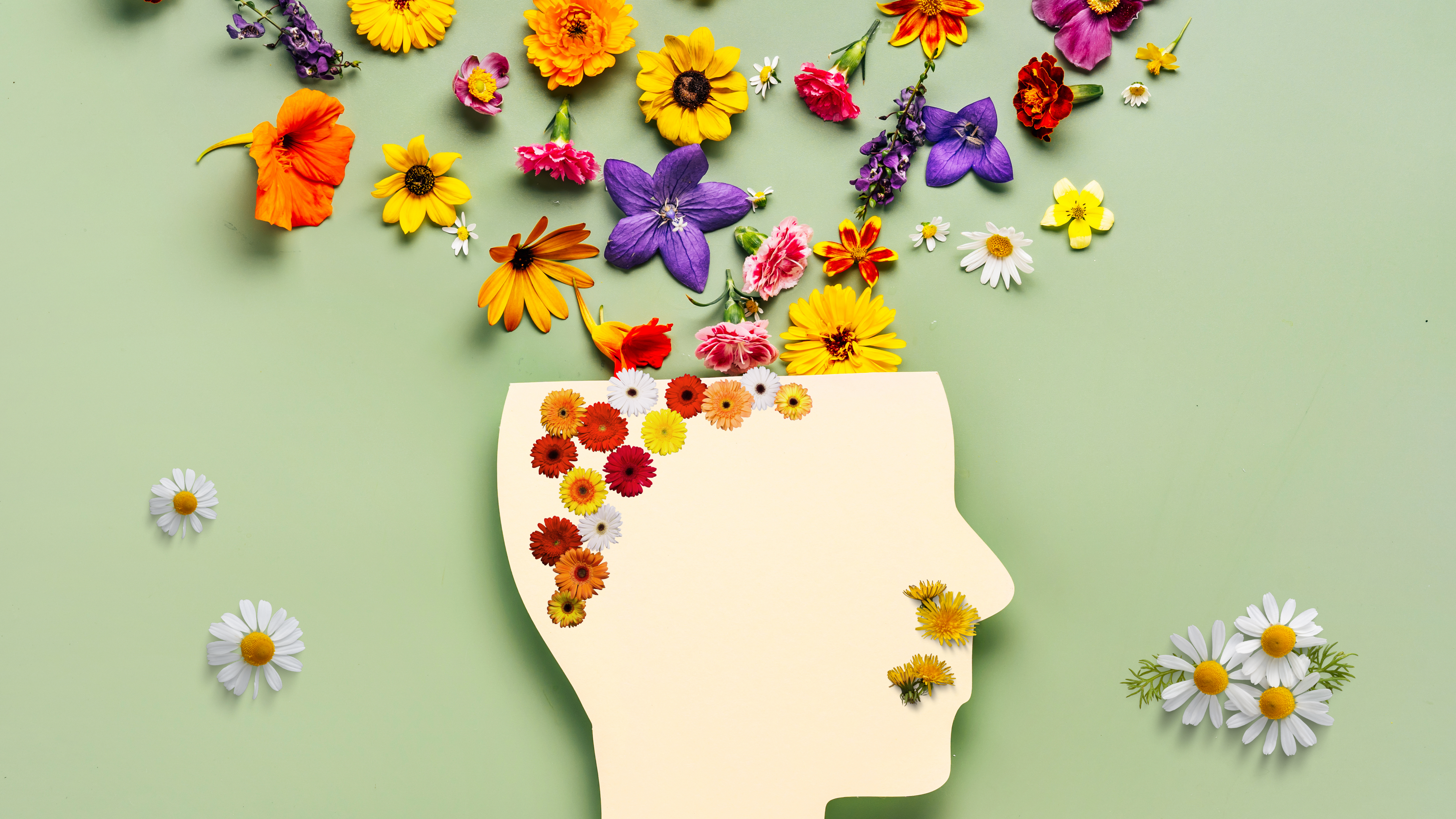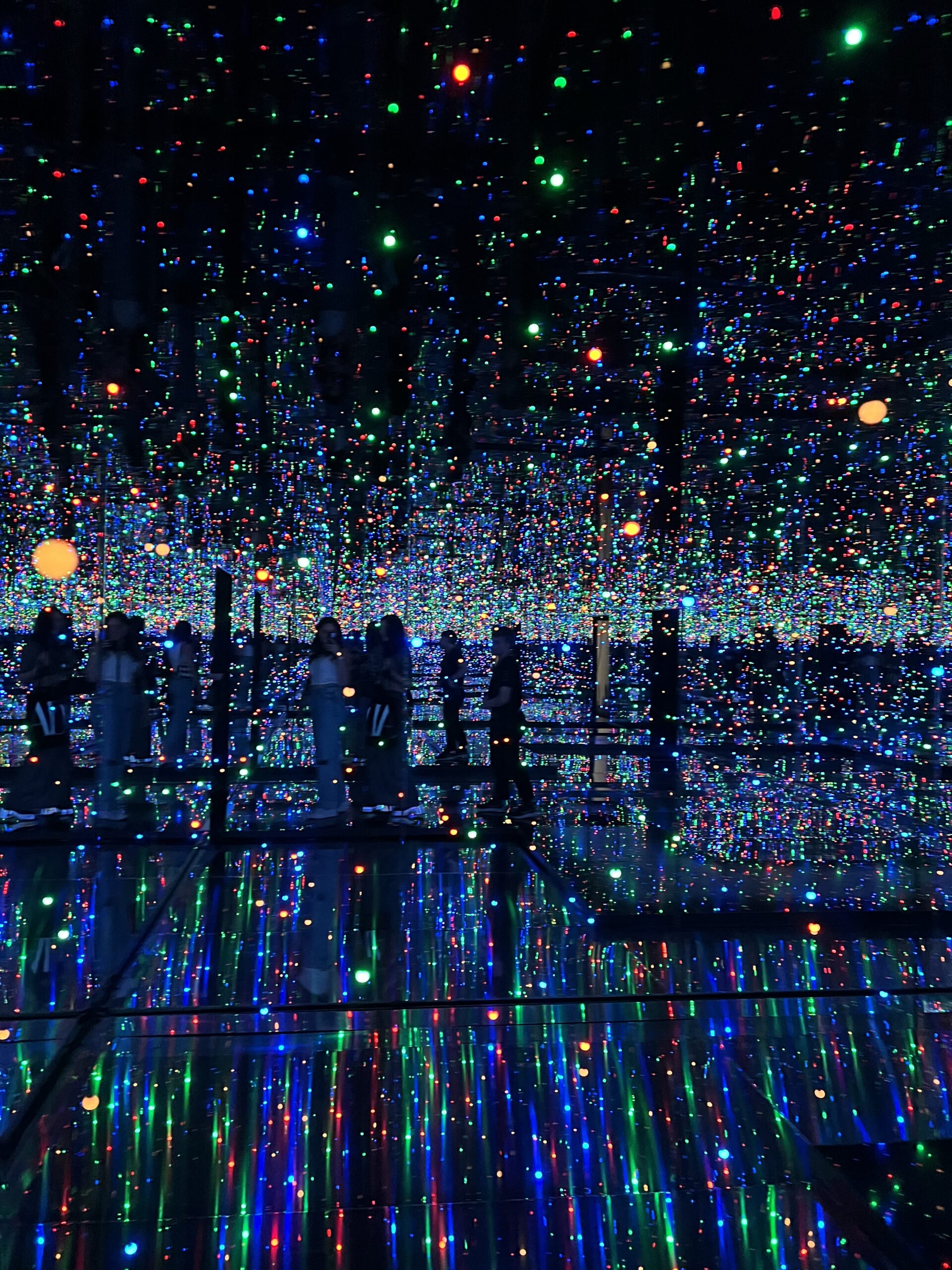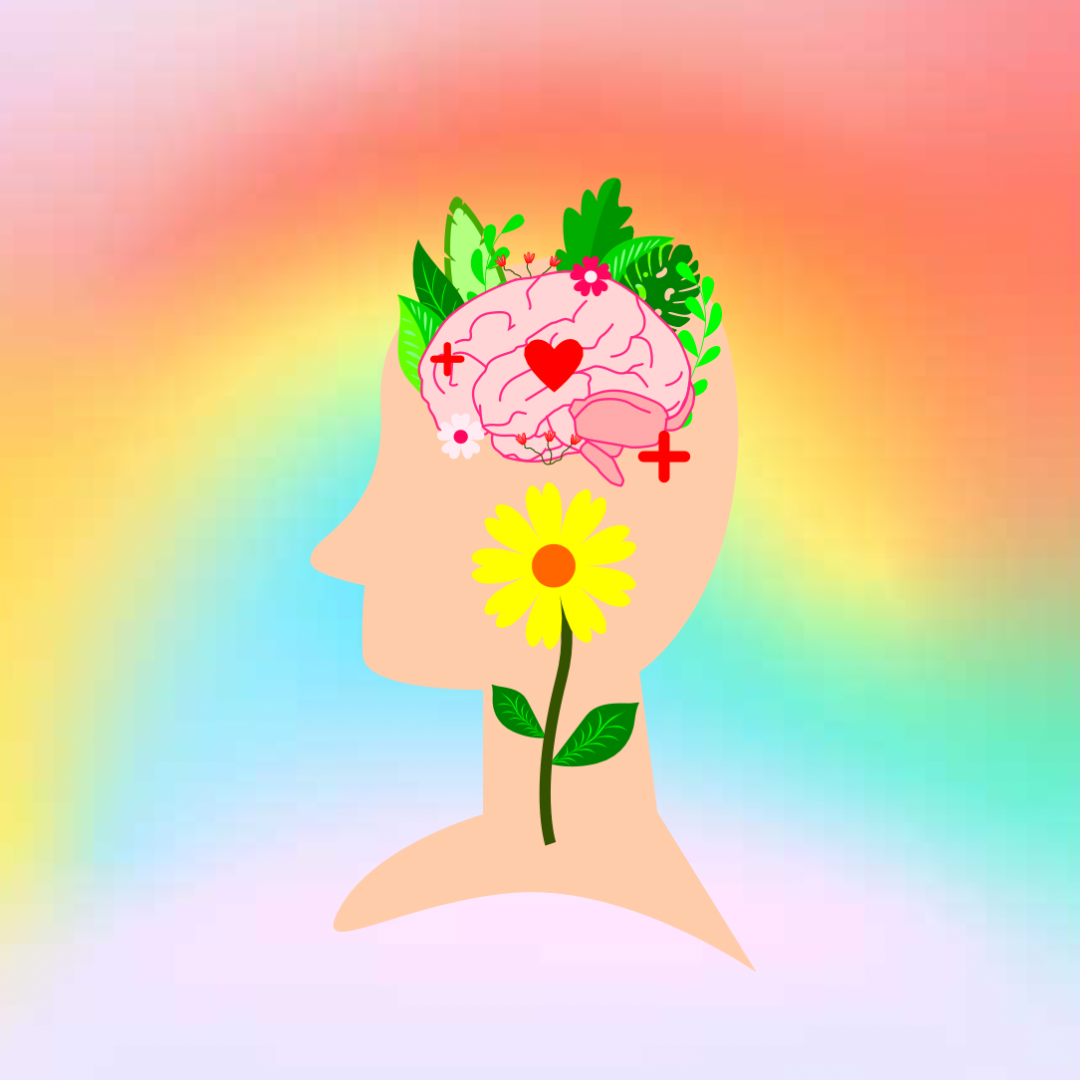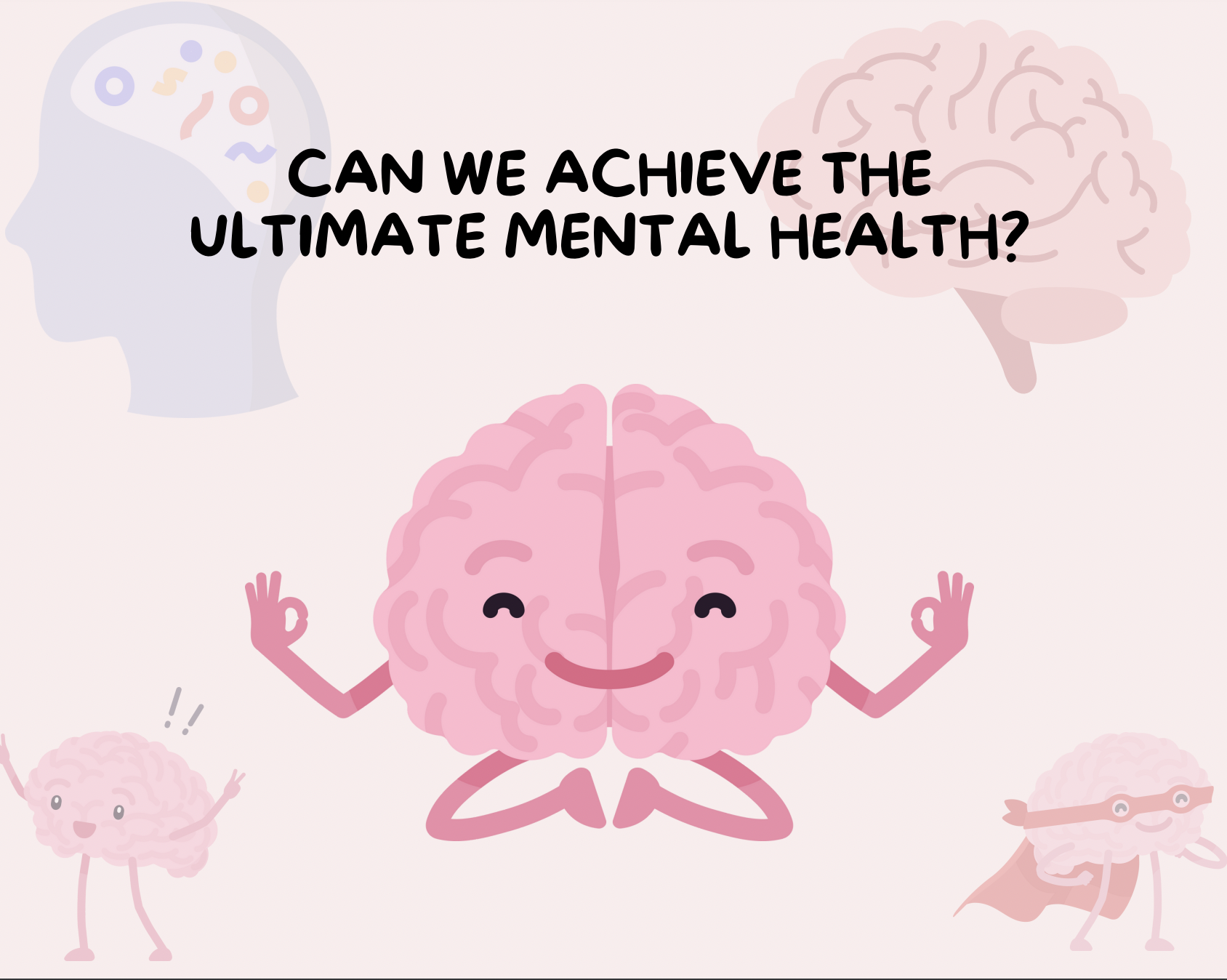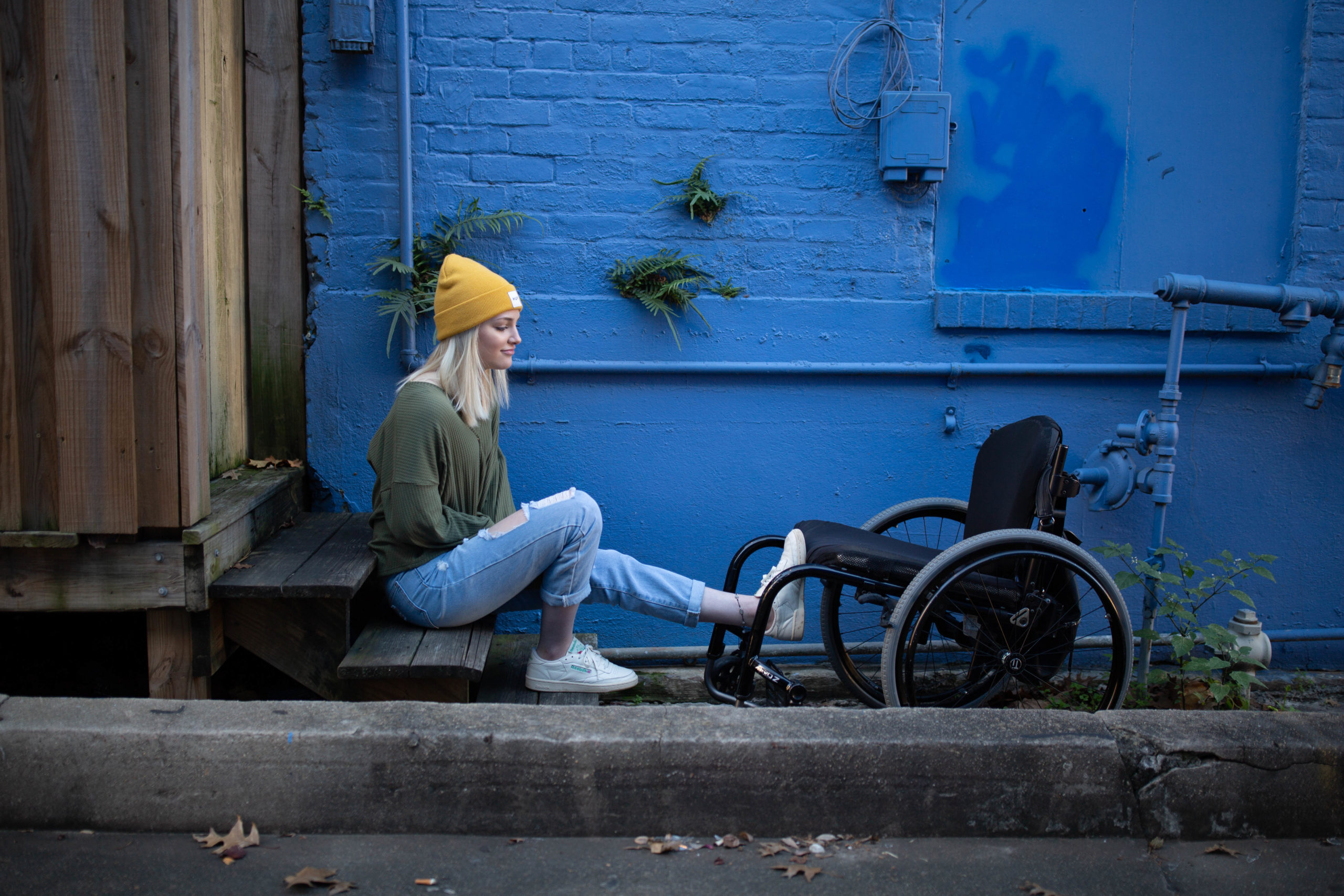
*Content Warning: This story contains details and information about suicidal ideation. If you or someone you know is struggling, call the National Suicide Prevention Lifeline 1-800-273-8255 or text “HELLO” to the Crisis Text Line at 741741.*
Every day in the U.S., 20 young people die by suicide.
It’s a devastating statistic that drove filmmaker Greg Dicharry to create My Ascension, a feature-length documentary that chronicles then 16-year-old Emma Benoit in the aftermath of her suicide attempt that left her paralyzed. The film follows Emma in her inspiring journey and quest to walk again, as she works to bring Hope Squad, a school-based suicide prevention program, to her home state of Louisiana. Viewers will learn how Emma used her painful experience to help others find hope, talk about their mental health, and find community. In addition to Emma’s story, the film also documents two lives lost in Emma’s community due to suicide.
“Suicide is global public health crisis that is not receiving the attention it deserves and therefore millions continue to die, and the ripple effects of these deaths continue to devastate parents, families, friends, and communities,” Greg said. “My Ascension shines light on the reality of this ongoing crisis and highlights effective efforts that are helping people stay alive and thrive. The film aims to have a significant impact on reducing the number of suicides and suicide attempts around the world.”
Research has shown that when survivors tell their stories, they encourage people at risk of suicide not to make an attempt.
“My Ascension is not just a film, it is a lifesaving movement of hope,” Greg said.
Channel Kindness had the honor of chatting with Emma about her road to recovery, mental health awareness, and what’s giving her hope right now. Check out the My Ascension trailer + our interview with Emma below!
Channel Kindness: Sharing one’s story can be challenging, and in My Ascension, you state that you were initially hesitant to share your experience with the world; what ultimately prompted you to decide to share it with others and in this documentary?
Emma: Truthfully, I stopped thinking with my ego and let my spirit lead me. After I allowed myself to just be true to myself and others, the response was unimaginable. The sense of community and understanding was so freeing and empowering. After opening up for the first time, the response from others is what propelled me into sharing my story.
Channel Kindness: Everyone’s recovery journey is different. What did your recovery journey look like + what have you learned about yourself in the process?
Emma: I can confidently say that my physical recovery prepared me for the emotional, and mental healing. My injuries were pretty substantial, so my physical recovery took ultimate presence during the early days post attempt. I became so mentally strong during that time. I gained such a profound perspective on life as a whole, which I believe aided me in my mental/emotional journey. I have gained so much self-awareness through this entire experience and that is my most valued trait that I’ve received.
Channel Kindness: What I think My Ascension makes clear is that someone can seem like they’re perfectly OK on the outside, when in reality, they’re hurting on the inside. How do we lean into having those mental health conversations + how can we do a better job of learning when our family and friends are hurting?
Emma: We have got to start viewing each other as humans and not the perception that is portrayed! Each and every one of us are human beings; with real emotion, real feelings. We need to retrain our minds into seeing one another has more than just different seasons of life. This is the stigma- mental health challenges do not discriminate. If you have a brain, you are susceptible to having brain pain.
Channel Kindness: How do you take care of your mental health on the days that are especially difficult?
Emma: This answer varies on many different levels, but ultimately I listen to myself. I do what feels right and avoid doing things that bring me negative energy. Recentering myself is always first when things are difficult. Getting grounded with simple meditation and affirmations are frequently used methods that I use. Mainly, prioritizing yourself even more during times of distress is key in my book.
Channel Kindness: One of the reasons people don’t talk about their mental health is that there’s still a huge stigma associated with it. How can people help to end this stigma and foster safe, open environments?
Emma: I think the start is pretty simple – normalize normal. It is human to not always be okay. I personally think that normalizing the conversation surrounding mental health as a whole would make individuals suffering feel less alone and accepted. Fostering judgment-free environments is crucial in breaking the stigma.
Channel Kindness: You’re a strong mental health champion and have also worked to bring Hope Squad, an organization that focuses on peer-to-peer support, to your school. How often do you talk to your friends about your mental health + how do you go about it?
Emma: Mental health is a topic that appears daily in my life. Not only do I make sure that I’m frequently checking in on myself, but also taking intentional action to check in on others. I am an empath, meaning that I am very in tune with surrounding energies and how they affect my energy. So, with that being said, an important part of maintaining my mental health is to check in and nurture my peers’ mental well-being.
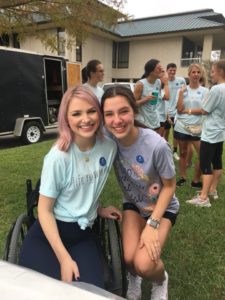
Channel Kindness: We like to remind our audience that it’s a brave decision to ask for help, and at the same time, we understand it can be a hard thing to do. What suggestions or tips do you have that can empower someone to reach out for help?
Emma: A tip that reoccurs when prompted with this question is: Telling someone about your pain and or struggles takes some of it off of you. We were not put here to do life alone. Once you allow yourself to be vulnerable, you become free in the sense that you aren’t alone. Lean on one another; fellowship is very underrated.
Channel Kindness: What would you say to anyone who is struggling right now or debating the value of their life?
Emma: Whatever trial you are facing, it has purpose. You have all of the power within you to choose that purpose. We are resilient, don’t let you get the best of you. Everything changes . . . what is now, will not be in the future.
Channel Kindness: Born This Way Foundation currently has a campaign called #PleaseStay a resource and pledge encouraging anyone who visits the site to find resources for support, evidence-based self-care tips, soul-filling acts, and suggestions for anchors to keep you here. Who or what are some personal anchors in your life that help ground you?
Emma: My faith in God is the number one tool in staying grounded. Growing deeper into my faith has been a game-changer in all aspects of my life. Music is another anchor for me as well as sharing my story!
Channel Kindness: What’s giving you hope right now?
Emma: What used to rob me of my hope, now gives me the most hope- my future! I am so eager for the future and for what’s to come. Hope appears in many ways, but, for me the biggest hope fuel is dreaming of my future, and manifesting it into becoming my reality!
For more information about My Ascension, visit myascension.us, and don’t forget to check out their Facebook, Twitter, and Instagram!




